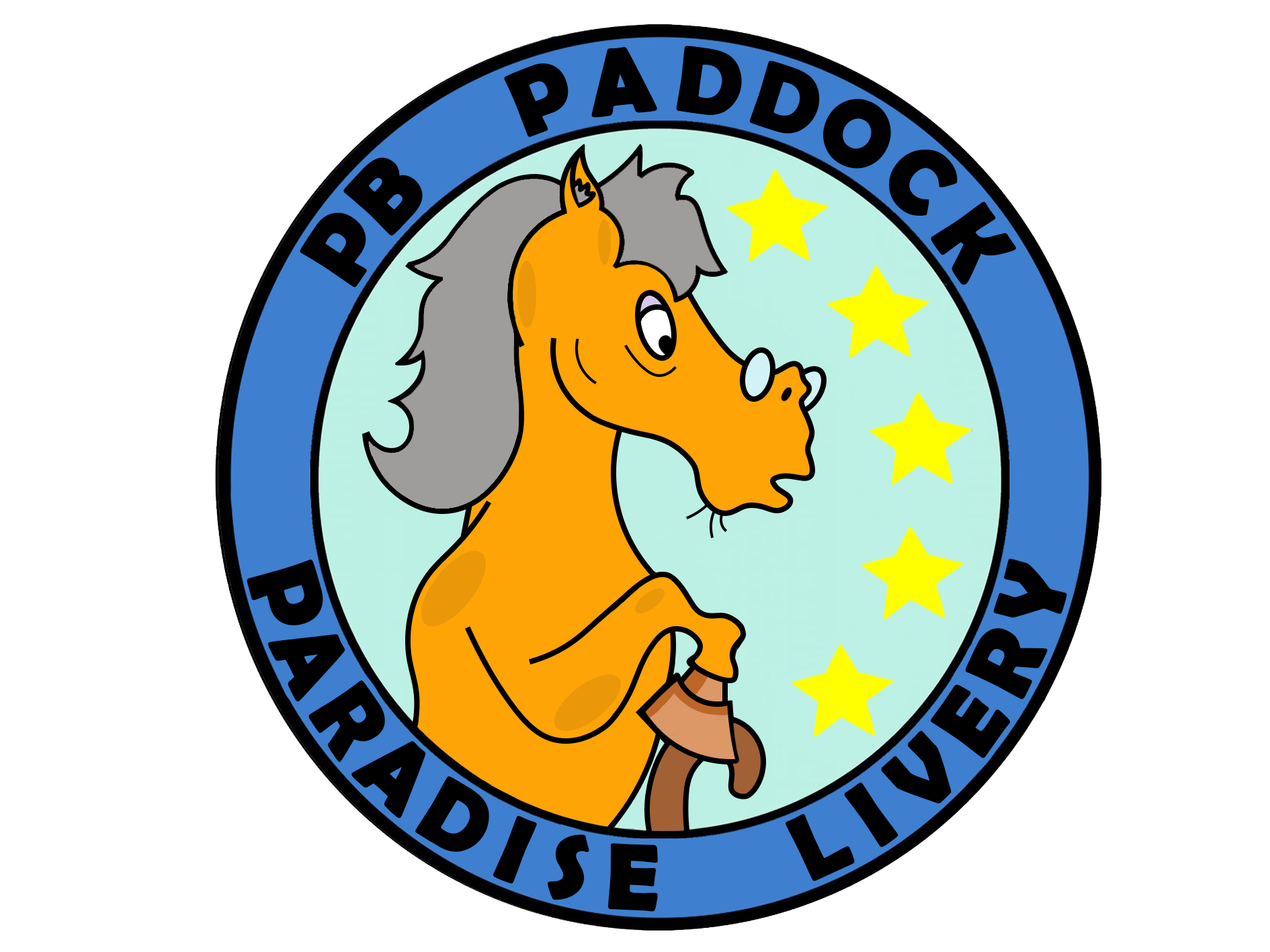Horses eat grass, right?
- PB Paddock Paradise Livery

- Mar 20, 2023
- 2 min read
Horse's are adapted to and thrive in semi-arid environments where resources are scarce and daily movement is required to fulfil their needs. In the UK, we have an abundance of fertilised, rich, over-grazed and sugar-fuelled grass that we practically hand to our horses on a silver platter, disregarding the suitability of said grass entirely. Feeding our horses such an inappropriate diet, in combination with many hours, days, weeks or months of confinement and restricted movement, often results in horses developing issues like Laminitis, EMS, obesity, grass affected issues, ulcers and more.
When we look at the natural habitat, behaviour and lifestyle of wild and free-roaming horses, we know that they are foragers that browse consistently throughout the day moving from resource to resource. Although research is still forth-coming and we don't know with 100% certainty the entirety of their diet, we do know wild horses forage on the likes of rough, low nutrient density grasses that largely lack in sugars, minerals and nutrients when compared to what's readily available in the UK. Wild horses will browse and move continuously, deriving a little bit of nutrition with lots of mouthfuls. Jaime Jackson's research on the wild horse diet suggests that domesticated horses largely benefit from being fed a mix of grass-type hays.
You may be asking yourself 'why does this matter? Comparing wild horses to domesticated horses is just silly'. Well, despite the common misconception that we should treat our horse's differently purely because they're ridable and used to people, there is no biological difference that separates the wild horse from our domesticated horses. Therefore, the fundamental needs, requirements and natural behaviours of wild horses are present within every single one of our domesticated horses, regardless of their breed or job. The suitability of what we feed does not change purely because of our ability to domesticate them.
At PB, we try our very best to work with what we have and meet our horse's requirements using multiple non-grass Paddock Paradise track systems. We supplement grass with a much more species appropriate source of forage - netted adlib meadow hay and strategically place said hay around the tracks to encourage movement between resources, allowing 24/7 access to try and mimic continual browsing as closely as we can. Although we cannot completely replicate what wild horses have at their disposal, we can incorporate the important factors of their lifestyle into our management to better the health and wellbeing of our horses.

%20PNG.png)



Comments